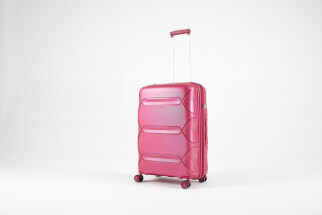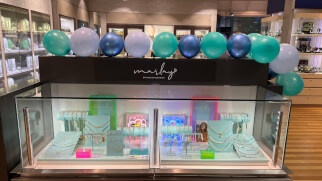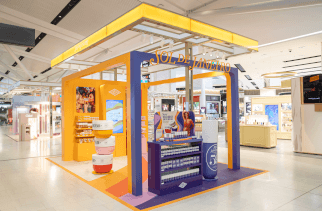Day one at the Summit: Digital world deeply impacting travel retail industry


The digital world is bringing new challenges to the duty free and travel retail business and coming up with strategies not just to confront the challenges, but also to incorporate these new ways of doing business is high on the industry agenda.
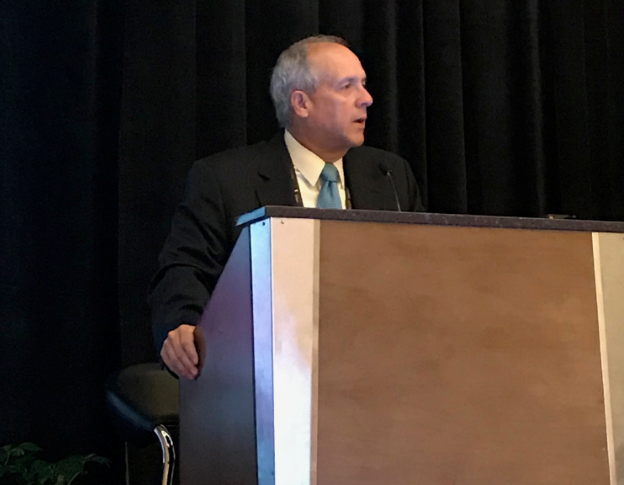
That’s according to Erasmo Orillac, CEO of Motta International (pictured above) and IAADFS Chairman, who was the first speaker at the opening session of the Summit of the Americas in Orlando Monday.
Orillac led off the Executive Conference Sessions that are part of the daily agenda at the Summit. Orillac, who said he was asked to talk about something that “kept him up at night”, said it was the “digital trend” that was giving him sleepless nights.
“There is internet penetration via mobile devices,” Orillac said. “Young buyers, millennials and digital natives are building purchasing power.”
He cited statistics from Forbes, Mexico, which showed a 24% increase in the number of online buyers from 126 million to 156 million, as of February 2019. And he said the industry was not up to speed with that, noting that for his own company’s Attenza retail brand, only 0.5% of all transactions are generated from web sales.
But it’s not just the online aspect with which the industry has to grapple. The hurdle to overcome, he said, is reaching young consumers. He referenced a new supermarket in Panama that recently opened with an online purchasing option. “97% of those buyers are 27 years old or younger, “ he said.
Orillac went even further within his own company when he asked his employees how many online purchases they had made in the last year. The in-house experiment showed those under 35 made at least 10 online purchases; the over-35s made two or three.
“Nevertheless, at least 60% of Attenza’s online visitors have the intention of buying duty free,” he said. “We need to do things on our website and go through the process to improve our online performance.”
Orillac’s emphasis on digital was backed up later in the session when Marshall Farrer of Brown-Forman Beverages Worldwide, a panelist in another discussion, touched on the topic.
“Consumers are looking for access, especially in emerging markets. Looking for engagement. Looking for convenience and value, if you can wrap that up digitally for e-transactions,” Farrer said.
Let’s work together
It fell to Gustavo Fagundes, CEO of Dufry do Brasil and Bolvia (pictured below) and ASUTIL President, to address regional concerns along with a few bright spots.

While Colombia, Chile and Peru are experiencing significant growth, Brazil, Latin America’s powerhouse has seen only slight gains, with a weakening of the currency, Fagundes said. Argentina, he said, is in dire straights, with 100% devaluation.
Also troubling is the fact that the border duty free revenue in Uruguay and Argentina decreased by 21% last year, Fagundes said. This news comes at a time of expectation for the land duty free business with Brazil’s plans to enter that market.
Fagundes pointed to potentially positive changes in Brazil where airports are being privatized and visa restrictions are being lifted. On March 18, Brazil implemented new norms allowing citizens from the United States, Canada, Australia and Japan to visit Brazil for up to 90 days from the date of entry without a visa.
Fagundes stressed that governments, inter-government agencies like Mercosur, and the industry itself must learn to cooperate with each other. “The ability of the industry to transform into a sound business depends on us all. We have to work together to develop this industry. If we do it properly, we have sound business. So this is a call for us to work together.”
Last on the agenda was a panel discussion that included the participation of Farrer, as well as Yannick Raynaud of L’Oreal, Mariana Stangl of JT International SA, and Rene Riedi, divisional CEO for Latin America and the Caribbean, Dufry Americas.
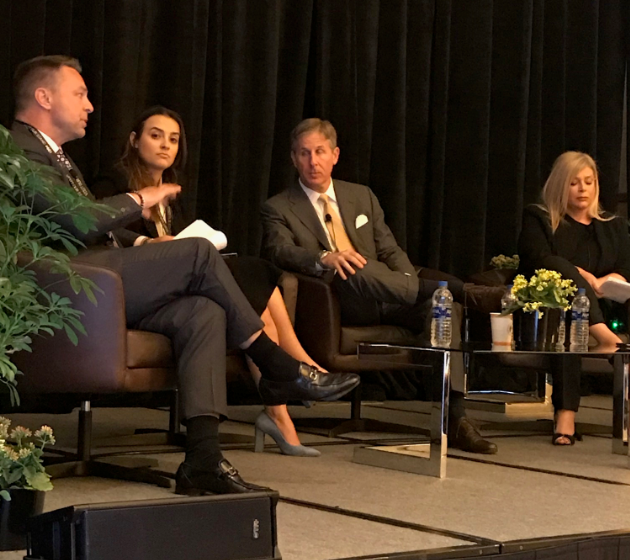
Their wide-ran discussion touched on a lot of issues, but the one that really hit home was the need to stop focusing only on airports and start looking at airlines again as a travel retail and duty free outlet.



